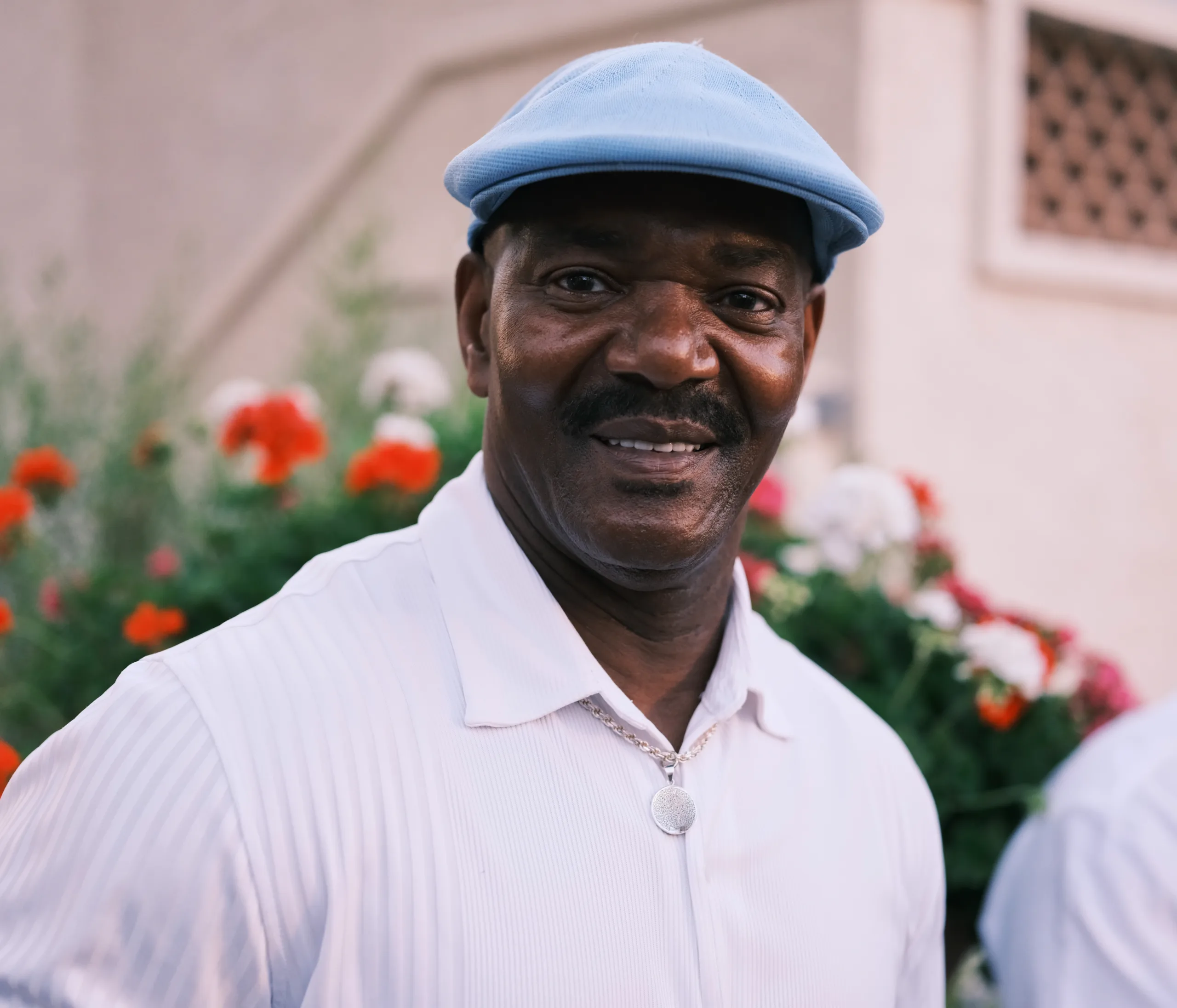|
John,
Today is World DNA Day, a day that commemorates James Watson, Francis Crick, Maurice Wilkins, and Rosalind Franklin’s breakthrough discovery of DNA’s unique double helix structure.
DNA — or deoxyribonucleic acid — is in every cell of every living organism and contains the “blueprint” for building and maintaining living beings. Though humans share 99.9% of their DNA with one another, the 0.1% of DNA that varies from person to person can tell us a lot about each individual.
This revelation played a huge part in establishing the Innocence Project as a legal clinic at the Benjamin N. Cardozo School of Law more than 30 years ago.
Barry Scheck and Peter Neufeld, who met as public defenders at the Bronx Legal Aid Society, realized that if DNA evidence could be used to convict someone of a crime, it could also be used to prove someone innocent. To date, the Innocence Project has used DNA to help exonerate 202 people of crimes they did not commit, 20 of whom were scheduled for execution.
As we recognize this major discovery in genetics today, we want to tell the stories of two wrongly convicted people who were exonerated using DNA testing to remind us of its profound impact on overcoming injustice in the criminal legal system.
 Cornelius Dupree (Photo: Kenny Karpov/Innocence Project)
Cornelius Dupree (Photo: Kenny Karpov/Innocence Project)
Cornelius Dupree: 30 Years After My Wrongful Conviction, DNA Testing Set Me Free
In November of 1979, Cornelius was a typical 19 year old living at home with his mom when his life took an unexpected and harsh turn. A week after a young couple was attacked outside of a Dallas liquor store, Cornelius and his friend Anthony Massingill were falsely charged with robbery and rape. Throughout the whole process he maintained his innocence — but because of flawed eyewitness testimony and a system plagued by prejudice and presumption of guilt, he was convicted of robbery. The rape charge was thrown out. Cornelius spent three decades in prison, working relentlessly on his case, studying law books in the library. He eventually realized that the DNA evidence linked to that rape would ultimately set him free, and so he wrote to the Innocence Project in the early 1990s. With the help of our legal team, DNA analysis conclusively proved what Cornelius had known all
along — he was innocent. Please take a moment today to read more about Cornelius’ case and why DNA holds the key to a future where innocence triumphs over injustice.
|